2 March 2025
When you think about open-world games, what’s the first thing that pops into your mind? Massive maps to explore? Endless side quests? A sense of freedom to do whatever you want? Sure, those are all amazing highlights. But, if you look closer, there’s an unsung hero quietly driving the magic that makes those worlds feel alive—NPCs.
Non-Playable Characters (or NPCs, as we lovingly call them) are more than just quest givers and filler inhabitants wandering aimlessly. They’re the lifeblood of a game’s story, the threads that connect you to the world, and sometimes even the emotional core of the experience. Let’s dive deep into why NPCs are so important in shaping open-world narratives, shall we?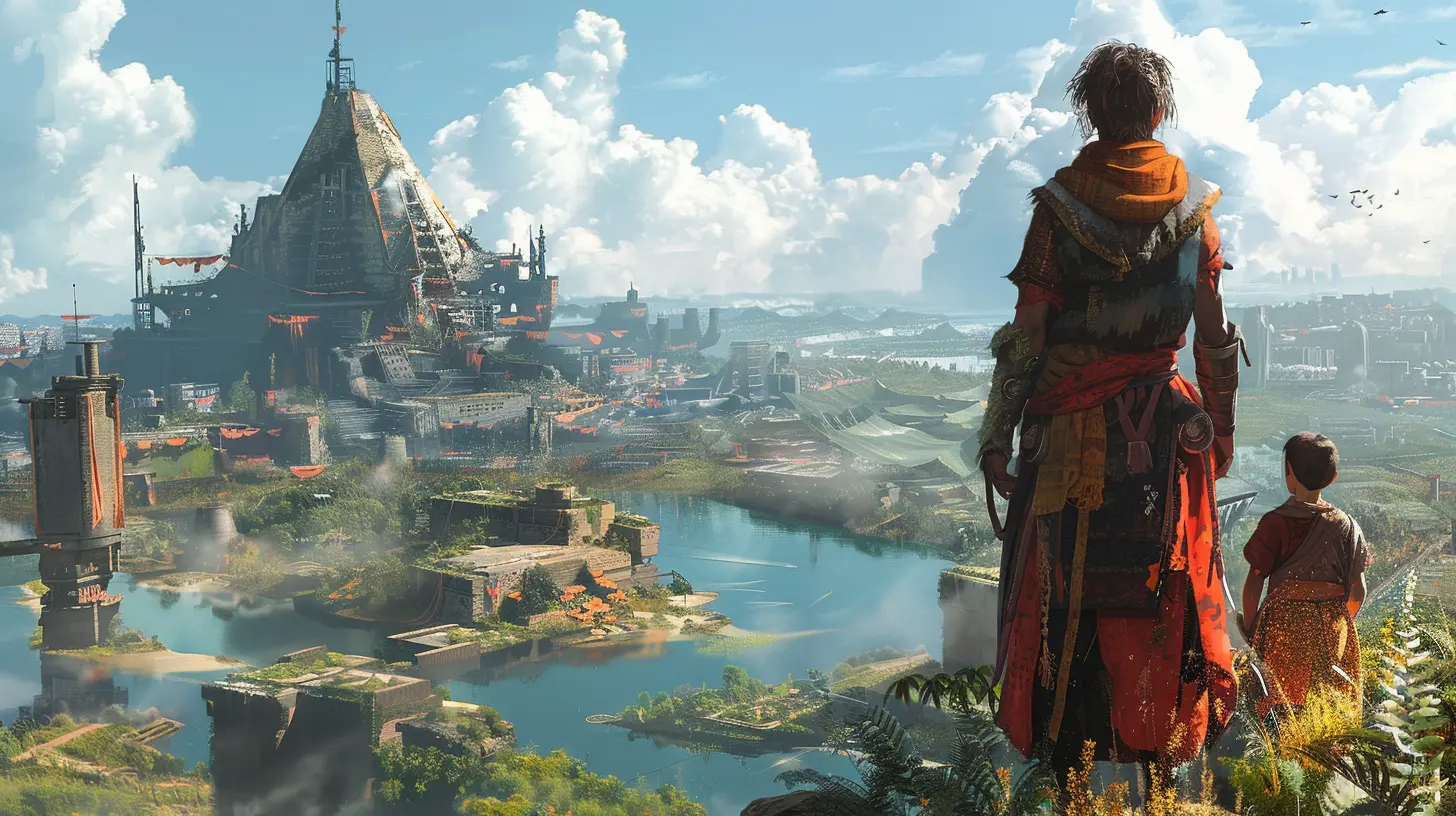
What Exactly Are NPCs?
Before we go any further, let’s define what we’re really talking about here. NPCs are any characters in video games that aren’t directly controlled by the player. They come in all shapes and sizes: the wise old man at the tavern, the scrappy kid selling trinkets in the marketplace, or even that random bandit trying to rob you on a deserted road.But here’s the thing—NPCs exist for more than just decoration. In open-world games, they’re basically the storytellers, world builders, and mood setters. Without them, even the most visually stunning game would feel empty, like walking into a movie set with no actors.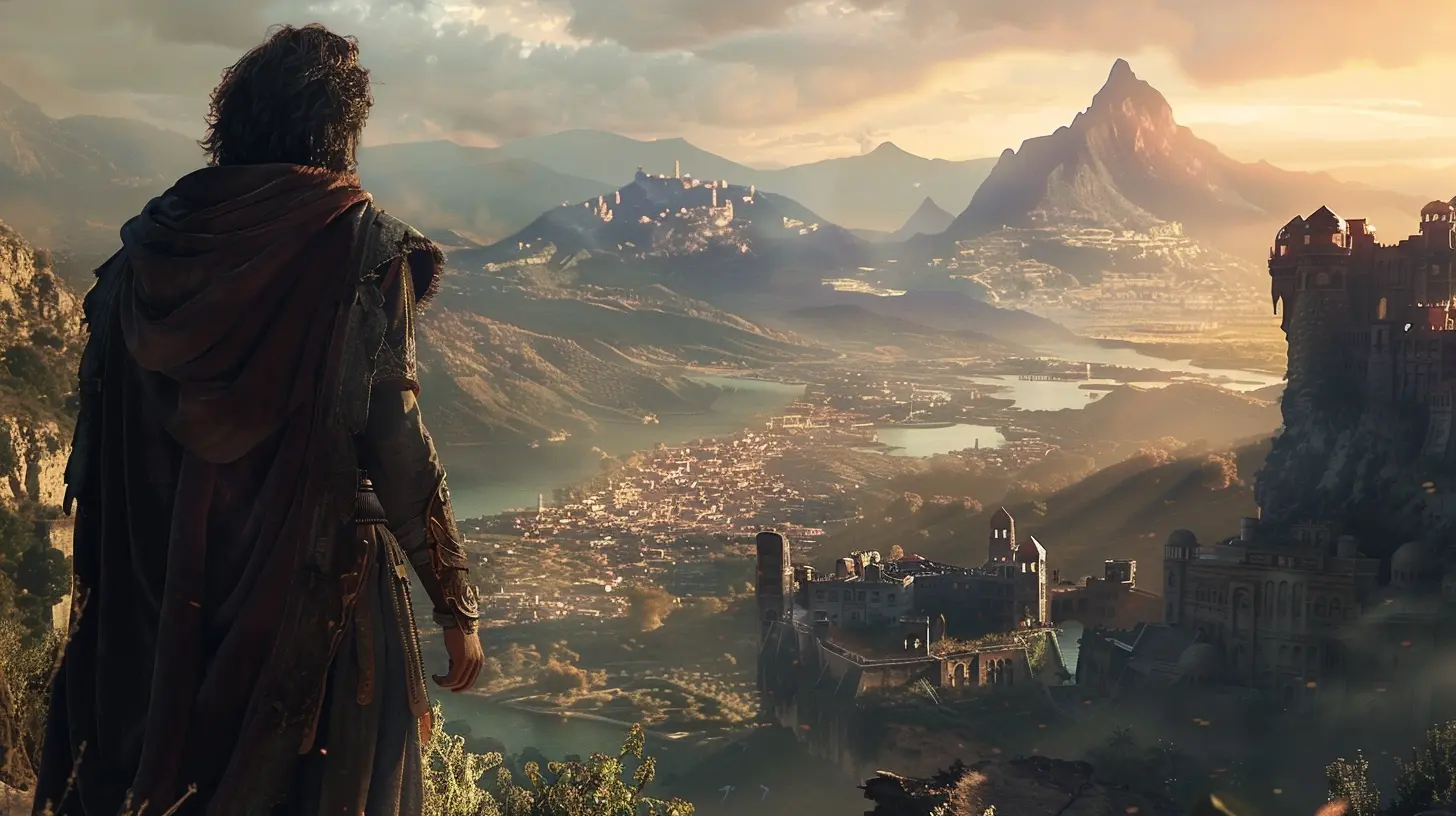
NPCs as World-Builders
Breathing Life into the World
Imagine walking through a bustling medieval town in an open-world game like The Witcher 3. People are shouting about fresh bread at the market, kids are chasing each other through the streets, and a blacksmith is hammering away at his forge. These NPCs aren't just there for aesthetics—they breathe life into the world.Without them, the town would feel… well, dead. You’d just be wandering through empty streets wondering why nobody’s around. NPCs give the impression that the world existed long before you arrived and will continue to exist long after you leave. They make the game world feel alive and dynamic, as if it’s a functioning ecosystem.
Local Stories and Culture
NPCs are also a rich source of local lore and culture. Have you ever stopped to chat with an NPC in games like Skyrim or Red Dead Redemption 2? They’ll tell you stories about their struggles, warn you about dangerous areas, or just gossip about their neighbors. These little snippets of dialogue add depth and personality to the game, making the world feel richer and more layered.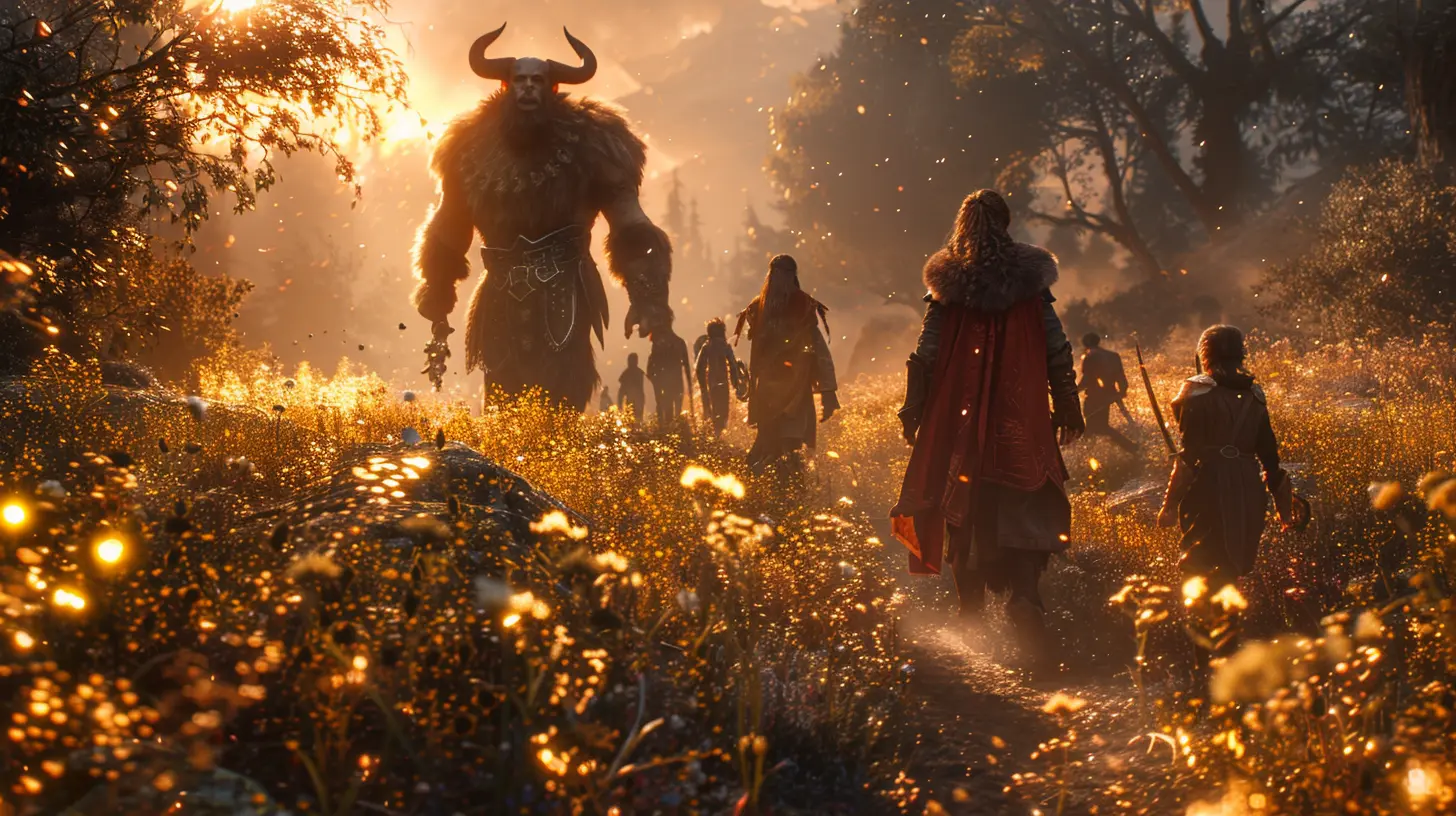
NPCs as Narrative Tools
Driving the Main Story Forward
In most open-world games, the main story hinges on NPCs. Think about it—without NPCs, who’s giving you those epic quests to slay dragons or stop the apocalypse? They’re the ones who set the narrative in motion and guide you along the way.Take Horizon Zero Dawn, for example. Characters like Rost and Sylens aren’t just NPCs—they’re pivotal to Aloy’s journey. Without them, the story wouldn’t hold the same emotional weight. It’s through these interactions that the game weaves a compelling tale and keeps you invested.
Emotional Connection
Let’s be real: some NPCs stick with you long after you’ve finished a game. Why? Because they make you feel something. Whether it’s the heartbreak of losing a beloved companion or the joy of helping someone achieve their dreams, NPCs have the power to create emotional connections.Think about Arthur Morgan’s journey in Red Dead Redemption 2. A huge part of what makes his story so memorable is his interactions with other characters. The relationships he builds with his gang members—like Dutch, Sadie, and John—shape not just the narrative, but also how you perceive the world around him.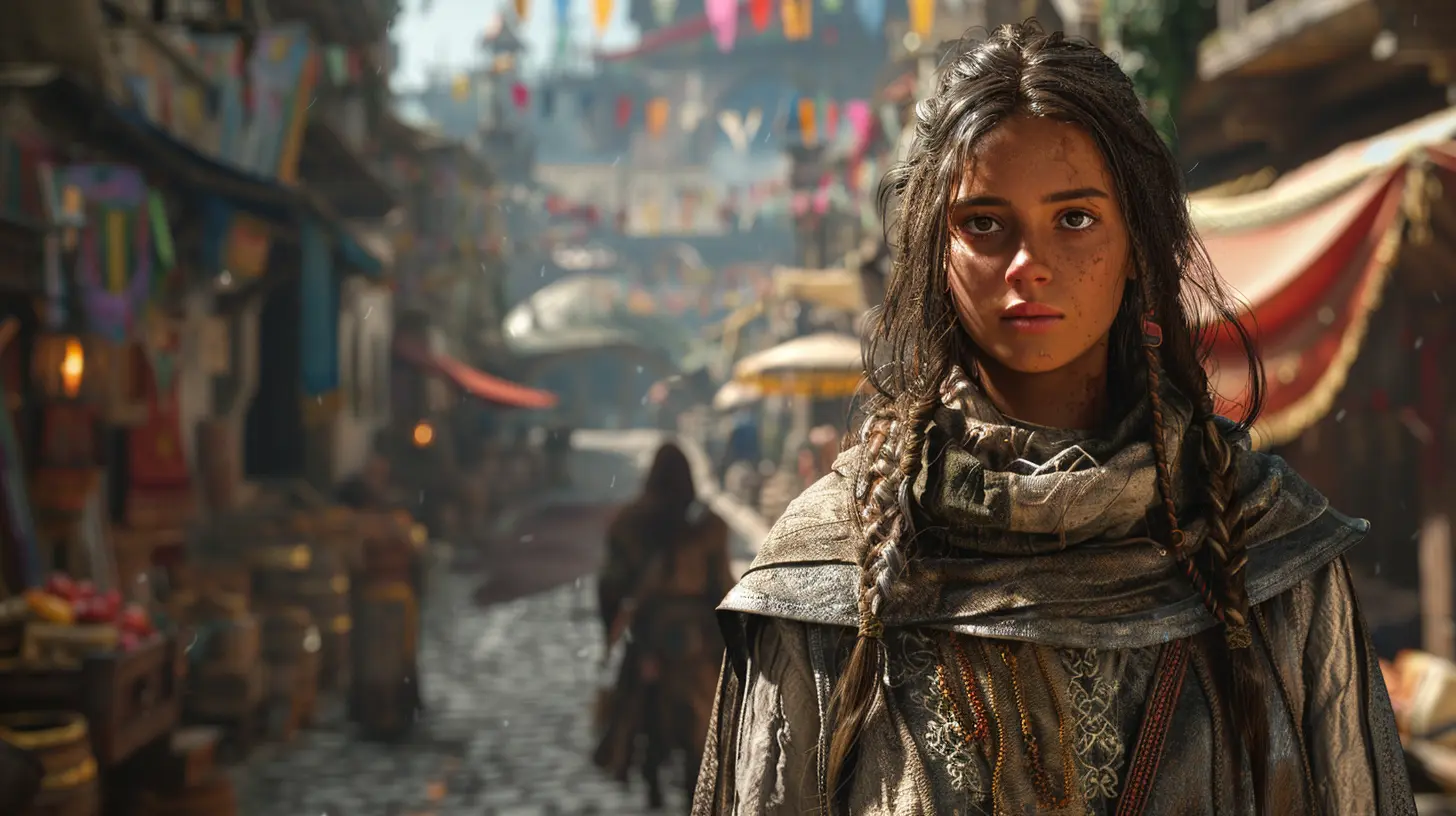
NPCs and Player Choice
Creating Meaningful Interactions
One of the coolest things about NPCs in open-world games is how they react to your decisions. In games like Mass Effect or Fable, NPCs remember what you’ve done, and their reactions can change based on your choices. This creates a sense of agency and makes you feel like your actions actually matter.For instance, in The Witcher 3, how you treat certain NPCs can lead to entirely different story outcomes. Save a village from a plague, and its inhabitants might sing your praises. Ignore them, and you might return to find it burned to the ground. These kinds of interactions make the game world feel dynamic and responsive.
Moral Dilemmas
NPCs are also the perfect way to present moral dilemmas. Ever been faced with a choice where neither option feels completely right? Open-world games love to throw these curveballs at you, often through NPC interactions.Take Fallout: New Vegas, for example. Do you side with the downtrodden locals or help a corrupt administration maintain control? These moments not only shape the narrative but also force you to reflect on your own values.
NPCs as Agents of Chaos
Of course, not all NPCs are there to help. Some exist purely to make your life miserable—and honestly, we wouldn’t have it any other way. These characters add tension, conflict, and unpredictability to the story.In games like Far Cry or Assassin’s Creed, enemy NPCs play a huge role in driving the narrative forward. They might be cunning villains with complex motives, or just mindless grunts standing between you and your goal. Either way, they’re essential for keeping things exciting.
The Evolution of NPCs in Gaming
From Static to Dynamic
Back in the early days of gaming, NPCs were mostly static. They’d say one or two lines of dialogue, offer you a quest, and that was about it. Today, things are completely different. Thanks to advancements in AI and technology, NPCs have become more dynamic and lifelike than ever before.Games like Cyberpunk 2077 and The Elder Scrolls V: Skyrim feature NPCs with daily routines, unique personalities, and even the ability to adapt to your actions. This level of detail adds a whole new layer of immersion and makes the world feel like a place you could actually live in.
The Future of NPCs
So, what’s next for NPCs? With advancements in AI, we’re already seeing NPCs capable of holding complex conversations and adapting to unexpected player actions. Imagine a game where NPCs remember everything you’ve done and adjust their behavior accordingly. The possibilities are endless.Why NPCs Matter More Than Ever
At the end of the day, NPCs are the glue that holds open-world games together. They’re the storytellers, the lore keepers, and the emotional anchors of the game. Without them, an open world would just be a pretty sandbox with no substance.Next time you’re wandering through an open-world game, take a moment to appreciate the NPCs. Talk to them, listen to their stories, and soak in the details they bring to the narrative. Because without them, chances are, the game just wouldn’t be the same.


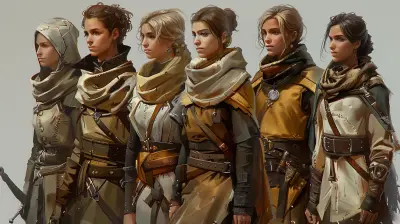





Zeal McGhee
NPCs enhance immersion and storytelling.
March 31, 2025 at 4:37 PM